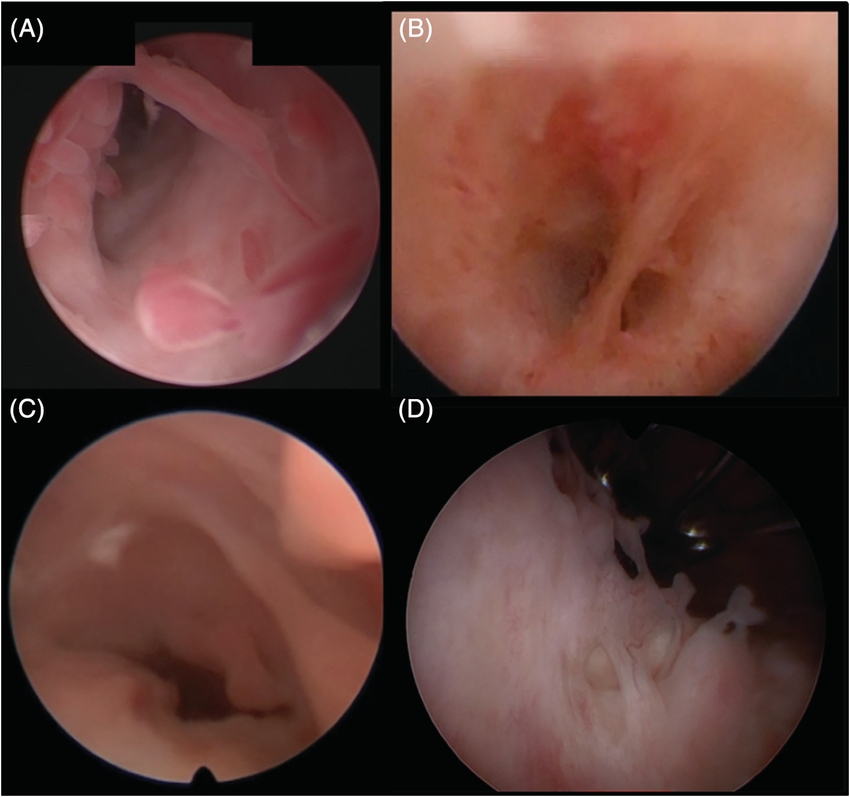Urethritis
Content of This Page
1- Introduction
2- Causes
3- Symptoms
4- Stages of The Disease
5- Treatment
6- What Should You Avoid
Introduction
Urethritis is the inflammation of the urethra, the tube that carries urine from the bladder to the outside of the body. It can cause pain or a burning sensation during urination, an increased urge to urinate, and discharge from the urethra. Urethritis is often caused by bacterial infections, including sexually transmitted infections (STIs) like chlamydia and gonorrhea. Non-infectious causes, such as irritation from chemicals or physical trauma, can also lead to urethritis.

Causes
Bacterial Infections:
- Sexually Transmitted Infections (STIs): Chlamydia, gonorrhea, and trichomoniasis.
- Other Bacteria: E. coli, Mycoplasma, and Ureaplasma.
Viral Infections:
- Herpes Simplex Virus (HSV): Can cause urethritis, especially in recurrent genital herpes.
Chemical Irritation:
- Soaps and Spermicides: Harsh soaps, bubble baths, or spermicidal products.
Physical Trauma:
- Catheterization: Insertion of a catheter can irritate the urethra.
- Sexual Activity: Vigorous or frequent intercourse.
Allergic Reactions:
- Latex Condoms: Some people may have an allergic reaction to latex.
Non-Infectious Inflammation:
- Reactive Arthritis: Autoimmune response following an infection elsewhere in the body.
Symptoms
- Pain or burning sensation during urination
- Increased frequency or urgency to urinate
- Discharge from the urethra (clear, cloudy, or bloody)
- Itching, irritation, or discomfort at the urethral opening
- Pain during sexual intercourse
- In men, pain or swelling in the testicles (less common)

Stages of The Disease
Acute Urethritis:
- Characteristics: Sudden onset with symptoms such as burning during urination, frequent urination, and discharge.
- Duration: Typically lasts for a few days to weeks if untreated.
Chronic Urethritis:
- Characteristics: Symptoms persist for more than a few weeks. May result from untreated acute urethritis or recurrent infections.
- Symptoms: Ongoing discomfort, persistent discharge, and pain, potentially leading to complications.
Complicated Urethritis:
- Characteristics: Includes cases with additional complications or underlying conditions, such as infections spreading to other parts of the urinary tract.
- Symptoms: Severe pain, systemic symptoms like fever, or signs of systemic infection. May require more intensive treatment and management.
Treatment
Antibiotics:
- For Bacterial Infections: Prescribed based on the specific bacteria causing the infection. Common antibiotics include azithromycin, doxycycline, or ciprofloxacin.
- For STIs: Targeted antibiotics or antiviral medications, depending on the specific STI (e.g., azithromycin or doxycycline for chlamydia, ceftriaxone for gonorrhea).
Antiviral Medications:
- For Viral Infections: Medications like acyclovir or valacyclovir for herpes simplex virus.
Symptom Relief:
- Pain Relief: Over-the-counter pain relievers such as ibuprofen or acetaminophen can help alleviate discomfort.
- Warm Sitz Baths: Can provide soothing relief for the affected area.
Avoiding Irritants:
- Discontinue Use: Avoid irritants such as harsh soaps, spermicides, and latex condoms if they are contributing to symptoms.
Hydration:
- Increase Fluid Intake: Drinking plenty of water can help flush out the urinary tract and alleviate symptoms.
Treating Underlying Conditions:
- Address Other Health Issues: Conditions such as prostatitis or pelvic inflammatory disease should be treated accordingly.
Follow-Up Care:
- Reevaluation: Follow-up with a healthcare provider to ensure the infection has resolved and to address any persistent symptoms.
What Should You Avoid
- Sexual activity (until treatment is complete)
- Irritants (harsh soaps, spermicides)
- Dehydration (inadequate fluid intake)
- Self-medication (without a prescription or proper diagnosis)
- Unprotected sex (to prevent transmission and reinfection)
- Latex condoms (if allergic or causing irritation)
- Excessive caffeine or alcohol (may irritate the urinary tract)